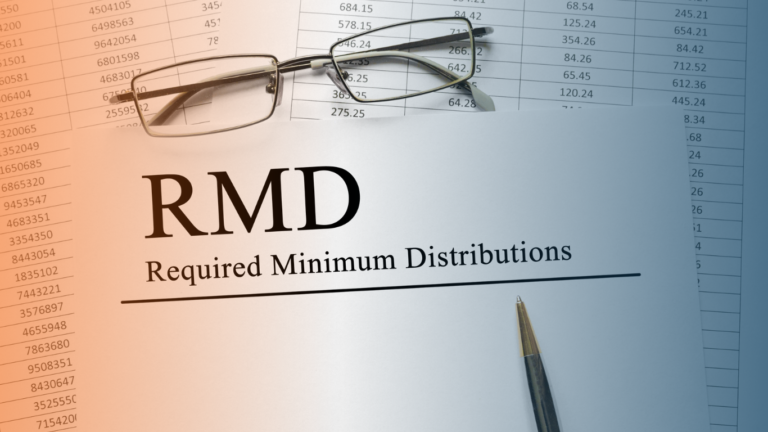The Need For Corporate Minutes
What are Corporate Minutes?
Corporate Minutes are a way of describing the notes and documentation needed to be taken from meetings that occur with corporate officers, advisors, and anyone enlisted to help advise or direct a company.
Minutes document what is said and any action(s) taken in a corporation to essentially give the corporation a voice. This voice tells anyone reading the minutes what has happened and what has been agreed to happen.
Each states’ Secretary of State maintains and oversees the entity establishment. Each state has their own rules and guidelines of what is necessary or required. When understanding the basic commonsense use of Corporate Minutes, it is a “map” of an entity and like any map it shows where you came from and where you are going.
Why are Corporate Minutes Important?
Corporate Minutes are what allow shareholders of a business to separate personal liability from actions taken by or to the entity. If there are no records of decisions made by shareholders, then regulatory entities and the courts can assume the shareholders have been acting in their own self-interest therefore causing the “corporate veil” to be pierced meaning the personal liability protection is null and void.
Corporate Minutes allow for the personal liability protection so when the corporation maintains financial records such as revenues, expenses, and shareholder incomes there are certain tax benefits to a corporation that the Corporate Minutes, if maintained, allow for the personal liability protection to maintain the tax benefits of the corporation therefore the shareholders receive tax benefits allotted to a shareholder.
Many business entities forget that when they establish the business entity they agreed to keeping records which many times is translated to financial records but this is a mistake.
The Corporate protection from the maintained Corporate Minutes allows regulatory entities and the courts to not make the assumption of shareholders “Self-Dealing”. Self-Dealing is the act of shareholders making decisions for their own self interests but if Corporate Minutes indicate actions the corporation has approved for the shareholders to make then it is it to be assumed there is no self-interests but actions on behalf of the corporation.
Which includes the submission of tax documentation and other financial documentation to secure business financing and other actions requiring business documentation.
Here is an excerpt from an article from the Law Offices of Stimmel, Stimmel & Roese
“As with insurance, the only time one really misses having formal minutes is…when they are needed. The moment there is a dispute within a company as to what happened or what decisions were made or the moment some outside authority, such as the Internal Revenue Service or a possible buyer, wants to confirm some action is taken, the minutes become absolutely vital.
And it is no more difficult to keep good minutes and have at least annual formal meetings than not to. It is simply one more skill to develop if one is to enjoy the protections of the corporate veil, corporate separate taxation, and the useful business aspects of the corporate shell. Once mastered, the minutes procedure is easily reproduced from year to year.
And if any third party seeks to impose personal liability on the owners by “piercing the corporate veil” it is extremely useful to have a thick minute book, with minutes going back years, to demonstrate to judge and jury that the corporation was a fully functioning entity. As one litigator once told the writer, “Once I slap a fat minute book down on the table in front of the jury, opponents have a hard time claiming that we didn’t follow the right rules.”
According to the American Bar Association (ABA) Model Business Corporation Act revised in 2016, it indicates in Section 16.01(a)(4) “all written communication within the past three years to shareholders” should be kept.
Not all states require Corporate Minutes to be maintained but do require documentation supporting the actions of the entity and its managers and/or advisors.
Bottomline
When it comes to Corporate Minutes and whether you are in a state that requires or suggests this form of documentation for regulatory bodies and the courts, they are clear this is a legitimate form of reviewing a business entity and the shareholders and/or managements desire future of a business.
If at any point this documentation is used to prove personal liability protection, tax benefits, and due diligence of a sale of a business. Doesn’t it just make logical sense to maintain your corporate minutes.
Terra Firma Business & Financial Consultants, LLC’s Business Protection Program is a cost-effective way both financially and time to maintain the voice of a business.
For more information feel free to Contact Us via email or call 833-872-3762









